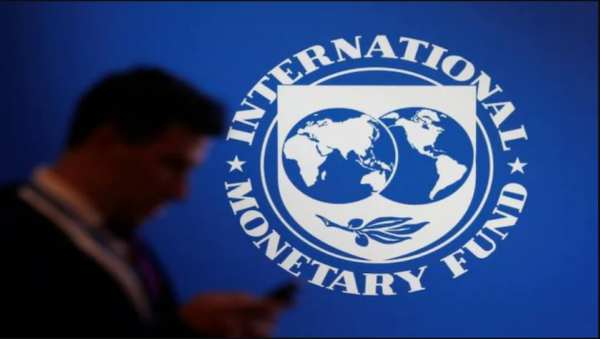According to a new IMF report, China and India will dominate global GDP growth, followed by the US.
China will provide 22.6 percent of global GDP growth, India 12.9 percent, and the US 11.3 percent, according to IMF figures and Bloomberg calculations.

China will contribute roughly twice as much to global growth as the US and India combined. Indonesia, Germany, Turkey, and Japan follow China, India, and the US with less than 3.5 percent of global GDP.
Nearly 75% of global growth will come from 15 nations, with China, India, the US, and Indonesia contributing over 50%.
Global growth is expected to drop from 3.4 percent in 2022 to 2.8 percent in 2023 and 3 percent in 2024. Advanced economies will decline from 2.7 percent in 2022 to 1.3 percent in 2023. In a likely scenario with more financial sector stress, global growth falls to 2.5 percent in 2023 and advanced economy growth falls below 1 percent.
Cut commodity prices will cut global headline inflation from 8.7 percent in 2022 to 7.0 percent in 2023, but core inflation will fall more slowly. “Most likely, inflation won’t return to target before 2025,” the research concluded.
“Risks to the outlook are heavily skewed to the downside, with hard landing chances rising sharply. Financial sector stress could worsen and contagion might spread, damaging the real economy through a severe decline in financing conditions and forcing central banks to rethink their policies.
Global headline inflation is predicted to drop from 8.7% in 2022 to 7.0 percent in 2023 due to lower commodity prices.
The IMF expects BRICS nations—Brazil, Russia, India, and China—to outperform G-7 nations in growth. In a higher-interest-rate environment, the IMF expects global economy to climb 3% over the next five years. IMF’s worst growth outlook in over 30 years.
The IMF report also examined the failure of Silicon Valley Bank (SVB), Signature Bank, and Silvergate Bank. Concerns were also raised about Credit Suisse’s ongoing issues after its merger with UBS and how sticky inflation has made the global economy more vulnerable to a deeper recession than expected.

